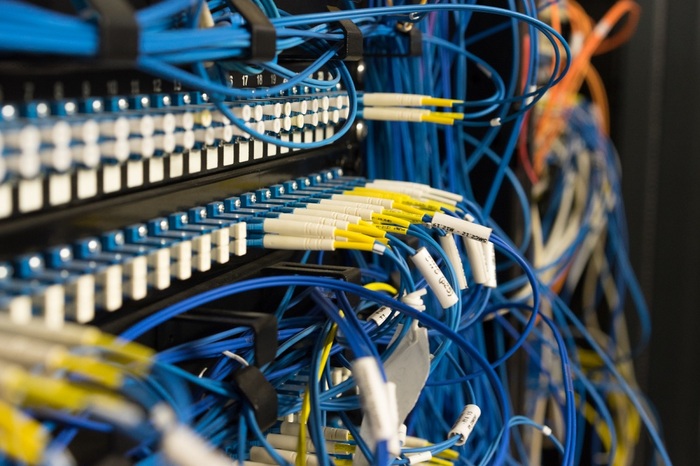A highway on which millions of millions of data travel per second coming from centers of scientific research all over Italy and processed by computation centers and supercomputers: this is the goal of Terabit (Terabit Network for Research and Big Academic Data in Italy), the supernetwork of Italian research that has been Funded with €41 million by the National Recovery and Resilience Plan (Pnrr) and coordinated by the National Institute for Nuclear Physics (Infn). “In the coming years – said Infn President Antonio Zuccoli during the Terabit presentation ceremony at L’Unione Sarda headquarters in Cagliari – there will be an unprecedented wave of data”.
The so-called big data, that is, huge amounts of data, is one of the dominant characteristics of all new technologies, whether it is large scientific experiments, information from satellites or smartphones from all over the planet, but in order to really use it it is necessary to have available networks Able to travel, large digital archives and computers powerful enough to analyze them, and above all extract value from them. Scientific research, with new large experiments such as the Einstein telescope, the innovative new generation observatory of gravitational waves that can be generated in Sardinia, is driving this great digital transformation.
“The big challenge – adding Zoccoli – will be to be able to quickly transfer data, store it and analyze it to extract value from it. To do all this you need brains but also infrastructures.” Thus was born Terabit, a network that will merge three large strategic research infrastructures that already exist (GARR-T, PRACE-Italy and HPC-BD-AI) to offer an innovative “highway” for superfast data by 2025. More than 1 million data per second will be able (Terabits) of travel within the network that Infn will run with the National Institute of Oceanography and Experimental Geophysics (Ogs), Consortium Garr and Cineca to connect a large part of Italy and eliminate, where it still exists, differences in the ability to access high-performance computing. Terabit’s scientific coordinator, Mauro Campanella, said, “Through high-performance computing and network infrastructures that we will create using the best technologies that exist today – our country will be able to play a decisive role on a global level and our researchers will be able to access services for very powerful data analysis” . High-performance computing, complex numerical simulations, artificial intelligence, machine learning, and digital twins are some of the increasingly important IT tools for scientific research, but they all require the creation of robust infrastructures such as Terabit. “Terabit – concluded Campanella – is an investment for the present but also for the future. A network that represents the latest technology worldwide, capable of guaranteeing fast connections for at least 15 or 20 years and that can be improved more easily “.
Reproduction is reserved © ANSA Copyright


